-
- USA/Canada 1-800-285-2726
- Australia (02) 8006 4411
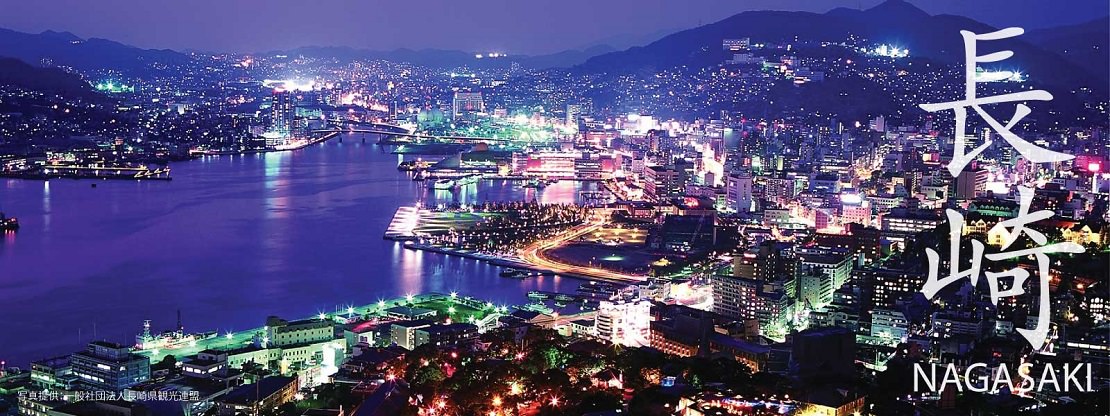
Region: Kyushu
Capital: Nagasaki
Population (approx.): 1.431 million (2012)
Area: 1,580 sq miles
Area Rank: 37
Popular onsen destination in Nagasaki, Shimabara-hanto Peninsula
Historic port town famous for its Peace Park
Central stage for trade with foreign countries during the 17th century
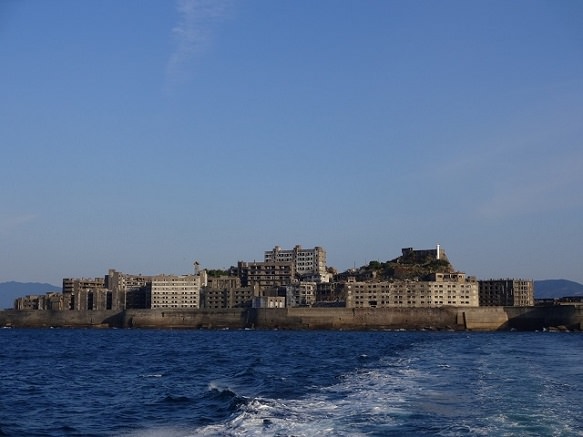
Nagasaki Prefecture is located in the Kyushu region and was the second city to be attacked by the atomic bomb after Hiroshima during WWII. As like the atomic bomb museum in Hiroshima, Nagasaki has its own museum for the remembrance of the victims of the horrific atomic bombing of Nagasaki that occurred on August 9, 1945. A popular sight in Nagasaki is the night view from Inasayama, Mt. Inasa which features lights and water. The view from its summit is considered one of Japan’s three best night views. Being located on the southwestern tip of Kyushu and for its important role in foreign trade relations in the past, Nagasaki has had great foreign influence. The Glover Garden is an excellent example of this influence. The park features Westernized buildings and mansions in which former British merchants resided in.
Dutch town-themed park in Nagasaki with a European atmosphere
Remodeled castle houses weapons, armors, and Christian artifacts
Museum built on atomic bomb; expression of hopes for world peace
Nagasaki's oldest Catholic church; only Western structure listed as national treasure
Oldest wooden, western style building; residence of Thomas Blake Glover
One of 3 best night views of Japan
Museum of remembrance of Nagasaki atomic bombing victims
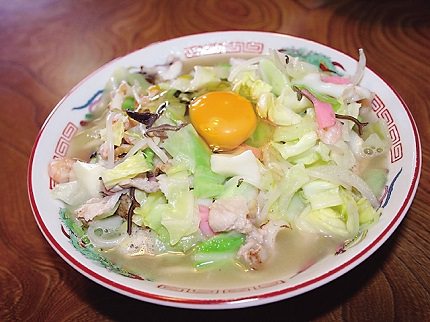
Nagasaki’s signature dish is the “Champon”, a local Nagasaki noodle dish. Vegetables, meat, and soup are placed on the noodles which cook the noodles with its heat. Champon is available in other parts of Japan, and is often referred to as “Nagasaki Champon”.
In Nagasaki, “shippoku ryori” is also a popular style to enjoy a meal. It is a style of eating where various large dishes are placed in the center and guests choose from a variety of dishes rather than eating from just one's own dish. Shippoku ryori is customarily served on a round table which if filled with a variety of dishes of Japanese, Chinese, and European dishes.
Local Nagasaki dish of pork cutlet, spaghetti, and rice pilaf
True American burger in Japan
Japanese sponge cake with a sweet nice aroma and taste
A specialty noodle dish that has a thick broth and noodles made to be cheap and nutritious.
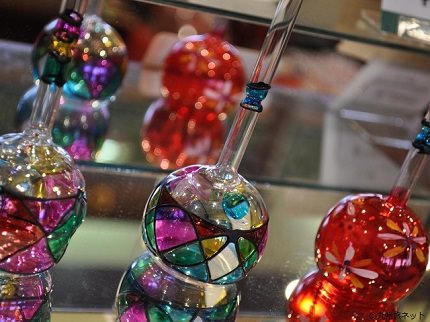
Nagasaki is famous for its glassware, more specifically referred to as Nagasaki vidro. Vidro is the Portuguese word for glass. Vidro was introduced into Nagasaki when the Port of Nagasaki opened Japan to various influences back in 1570. Of these goods, vidro had a great influence on Japan and has stayed a popular souvenir item even today. Vidro is created by attaching molten glass to the tip of a pipe and blowing air into the pipe to create the desired size and shaped bubble. Glass blowing takes great technique because the art must be done rapidly before the glass quickly cools and hardens. Glassware, poppen (glass toy that makes a sound when you blow into it), figurines, and other goods are popular Nagasaki vidro products.
Nagasaki traditional hand crafted dragon design Kites.
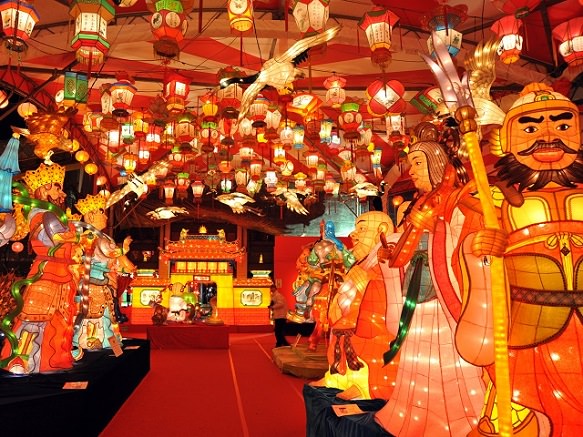
Nagasaki Lantern Festival was originally known as the Shunsetsu Festival and celebrated Chinese New Years.
Shunsetsu Festival and celebrates Chinese New Years